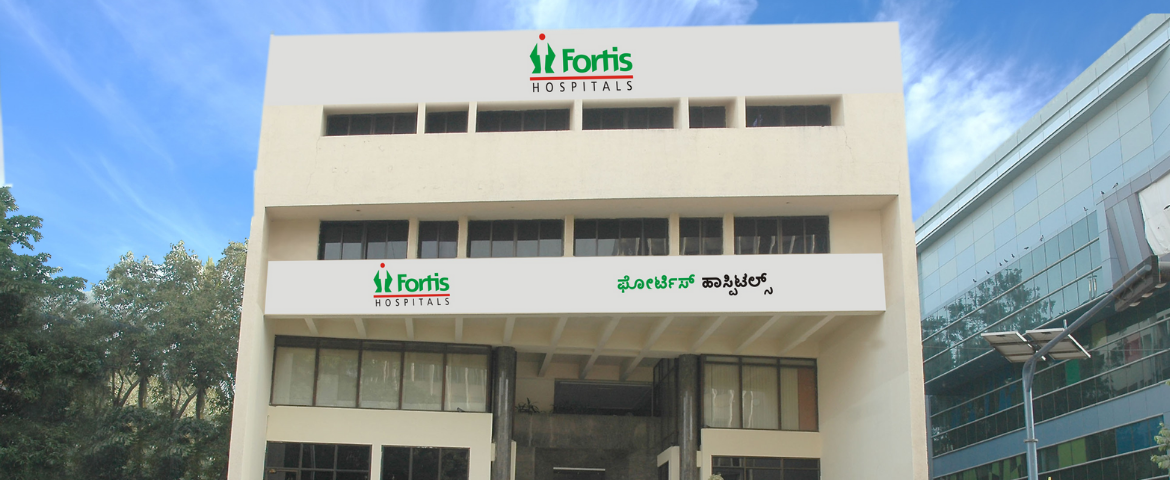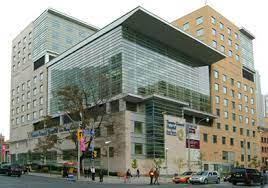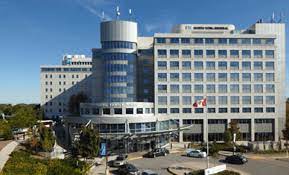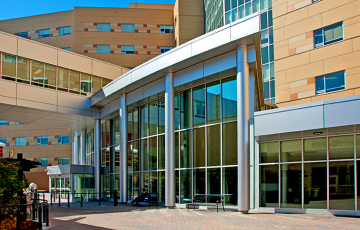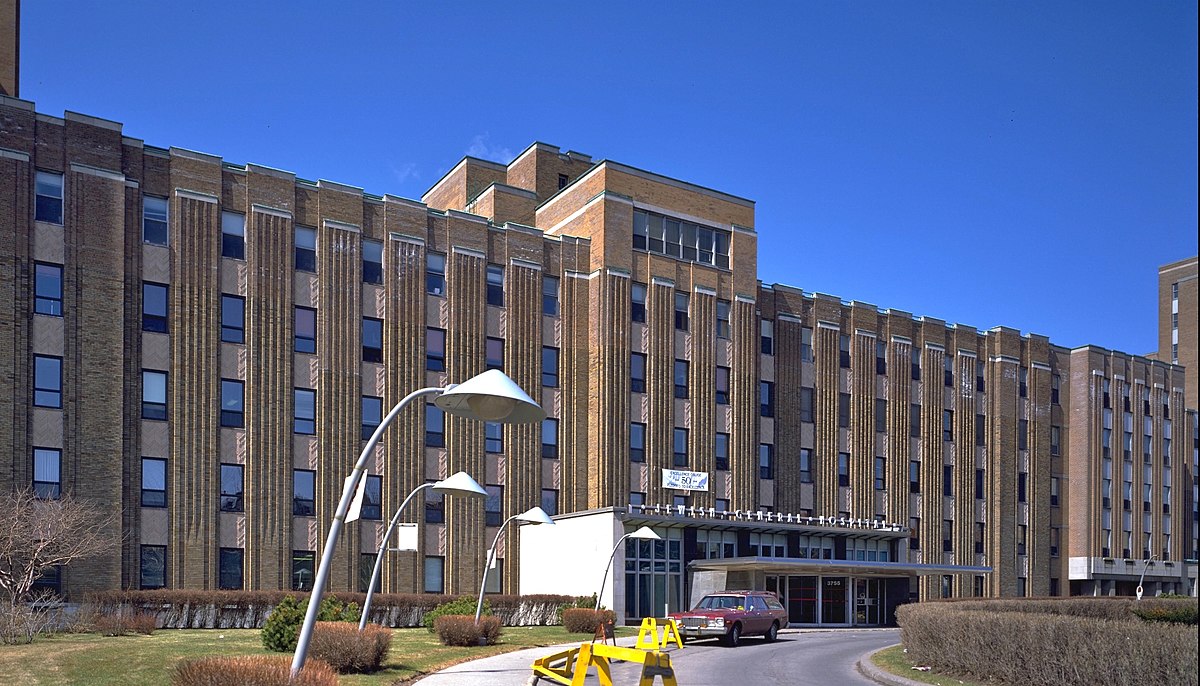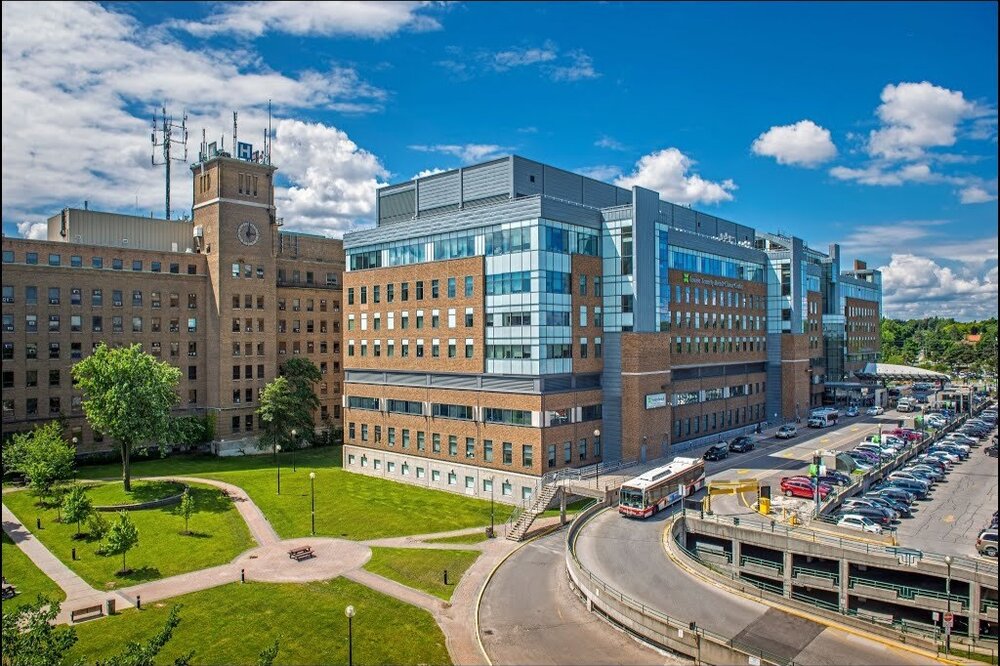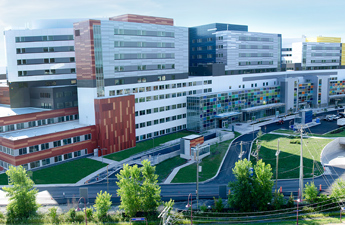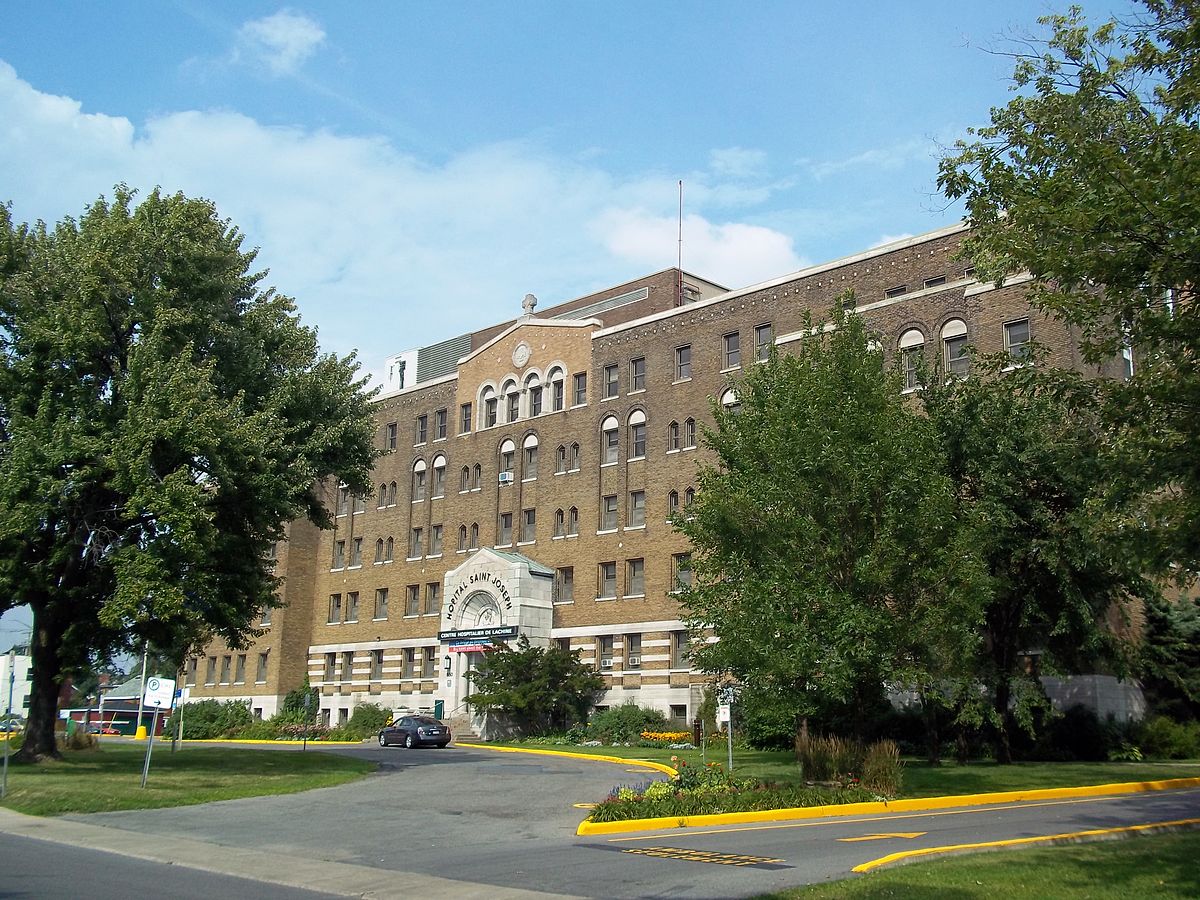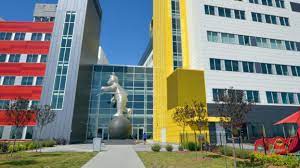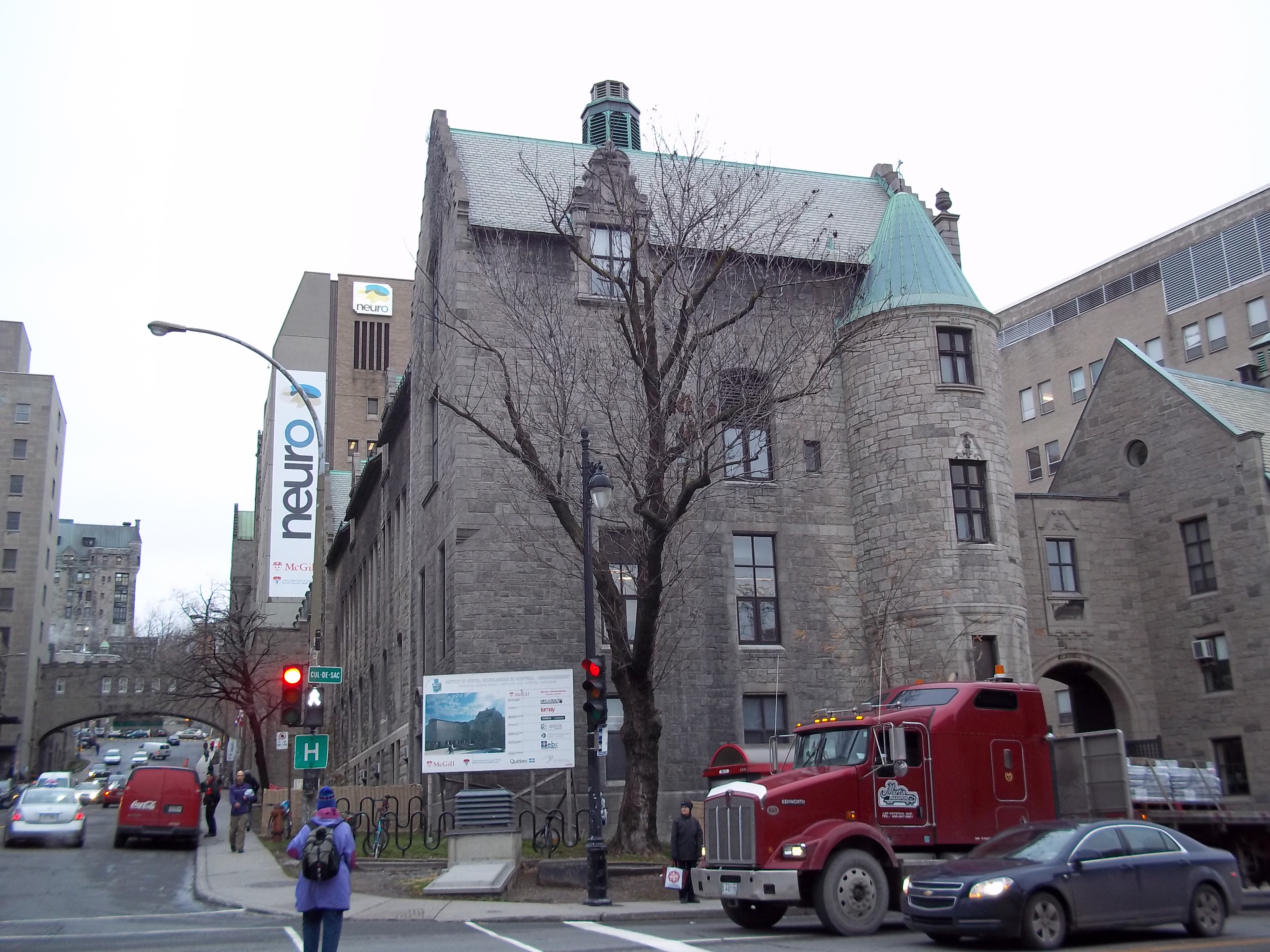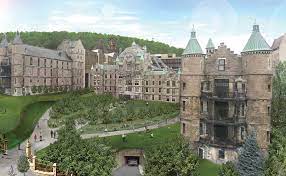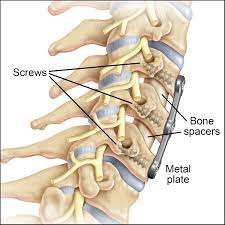Cervical Anterior Spinal Fusion Surgery cost in Canada
Procedure Description:
Cervical Anterior Spinal Fusion Surgery
A type of neck surgery called cervical anterior spinal fusion includes removing a damaged disc to release pressure on the spinal cord or nerve roots and reduce associated pain, weakness, numbness, and tingling.
Disease Overview:
Herniated disk
A issue with one of the rubbery cushions, known as disks, that sit in between the bones that stack to form the spine is referred to as a herniated disk. Vertebrae are the name for these bones.
The nucleus is the soft, jelly-like core of a spinal disk. The annulus, a harder, rubbery outer layer, surrounds the nucleus. When a portion of the nucleus protrudes through an annular tear, a herniated disk results. There are instances when a herniated disk is referred to as a ruptured or slid disk.
Although they can develop anywhere along the spine, a herniated disk most frequently affects the lower back. Depending on the location of the herniated disk, an arm or leg may experience discomfort, numbness, or weakness.
Disease Sign and Symptoms:
Although they can sometimes happen in the neck, herniated disks typically occur in the lower back. The location of the disk and whether it is pushing on a nerve determine the symptoms. One side of the body is typically affected by herniated disks.
1. Leg or arm pain. You may experience pain in your lower back, buttocks, thigh, and calf if you have a lower back herniated disk. You may also be experiencing discomfort in a portion of your foot.
2. Your arm and shoulder will usually hurt the most if you have a herniated disk in your neck. When you cough, sneeze, or move into specific positions, this pain may shoot into your arm or leg. Sharp or searing pain is a common description of pain.
3. Tingling or numbness. Herniated disk patients frequently experience radiating tingling or numbness in the body area that the damaged nerves service.
4. Weakness. The afflicted nerves' supplied muscles typically deteriorate. This may impair your ability to lift or grip objects, or it may make you stumble.
A herniated disk can occur without any symptoms. It's possible that you won't be aware of it until a spinal scan reveals it.
Disease Causes:
Most frequently, disk degeneration, a slow, age-related wear and tear, is the cause of disk herniation. The disks become less pliable with age and are more likely to rupture or tear at the slightest twist or strain. For most people, the etiology of their ruptured disk is unknown. A herniated disk can occasionally result from lifting large objects with the back muscles engaged rather than the leg and thigh muscles. An additional way to get a herniated disk is to twist and turn when lifting. Seldom is the reason a traumatic incident such a fall or knock to the back.
The following variables may make a herniated disk more likely:
1. Mass. The lower back disks are subjected to additional strain when a person is overweight.
2. Profession. Individuals who have physically demanding occupations are more likely to develop back issues. Sideways bending, twisting, tugging, pushing, and lifting repeatedly can further raise the chance of a ruptured disk.
3. Heredity. A herniated disk is a condition that certain people are predisposed to getting.
4. smoking. It is believed that smoking reduces the oxygen that disks receive, hastening their decomposition.
5. Frequently taking to the wheel. The combination of prolonged sitting and the vibrations of an engine in a car might strain the spine.
6. Being inactive. A herniated disk can be avoided with regular exercise.
Disease Diagnosis:
During the physical examination, the medical professional will feel for any sore spots on your back. To identify the source of your pain, you may be asked to lie flat and move your legs in different positions. In order to assess your reflexes, muscle strength, gait, and ability to feel vibrations, pinpricks, or light touches, your doctor may also do a neurological exam.
A physical examination and a patient's medical history are usually sufficient to make the diagnosis of a herniated disk. You may undergo one or more of the following tests if your medical expert needs to determine which nerves are impacted or if they suspect another condition.
imaging examinations
- X-rays: While they are unable to identify herniated disks, plain X-rays can rule out other possible reasons of back discomfort. X-rays might reveal a broken bone, malignancy, infection, or problems with spinal alignment.
- CT scan. A CT scanner records several X-rays from various angles. Cross-sectional pictures of the spinal column and the surrounding structures are produced by combining those images.
- MRI: This imaging technique uses radio waves and a powerful magnetic field to produce images of the interior organs. This test can be used to determine which nerves are impacted and to confirm where the herniated disk is located.
- Myelogram: Prior to a CT scan, a dye is injected into the spinal fluid. This examination can reveal issues such as multiple herniated disks or pressure on the spinal cord or nerves.
- Nerve tests: Electromyograms (EMGs) and nerve conduction investigations assess the efficiency with which electrical impulses travel through nerve tissue. This may assist in identifying the precise site of nerve injury.
- Nerve conduction study: This examination uses electrodes applied to the skin to measure electrical nerve impulses and nerve and muscle function. When a tiny current flows through a nerve, the study examines the electrical impulses in the nerve signals.
- Electromyogram (EMG): A needle electrode is inserted by a physician through the skin into different muscles to perform an EMG. Muscle electrical activity at rest and during contraction is assessed by this test.
Disease Treatment:
Changing activities to avoid painful movements and using painkillers are examples of conservative treatment. Most patients have symptom relief from this treatment in a few days or weeks.
1. Drugs: Neuropathic medications, muscle relaxants, opioids, nonprescription painkillers, and cortisone injections.
2. Therapy: To assist you manage your pain, your medical provider may recommend physical therapy. Your physical therapist can demonstrate postures and exercises that are intended to reduce herniated disk pain.
3. Surgery: Not everyone who has a herniated disk needs surgery. Surgery might be a possibility if conservative measures don't relieve your symptoms after six weeks, particularly if you still experience: - Poorly controlled pain, Weakness or numbness.
Difficulty walking or standing, Abrupt loss of bowel or bladder control.
Surgeons can usually remove only the piece of the disk that protrudes. It rarely needs to be removed in its entirety. In certain situations, a bone graft may be required to fuse the vertebrae.
In order to give spinal stability during the months-long process of bone fusion, metal hardware is inserted into the spine. In rare instances, your surgeon may recommend implanting a prosthetic disk.
Country wise cost comparison for Cervical Anterior Spinal Fusion Surgery:
| Country | Cost |
|---|---|
| India | $5850 |
| Canada | $28012 |
Treatment and Cost
13
Total Days
In Country
- 3 Day in Hospital
- 2 No. Travelers
- 10 Days Outside Hospital
Treatment cost starts from
$0
Popular Hospital & Clinic
Featured Hospital
35 Hospitals
Types of Cervical Anterior Spinal Fusion Surgery in Toronto General Hospital and its associated cost
| Treatment Option | Approximate Cost Range (USD) |
|---|---|
| No Treatment option added | |
- Address: 200 Elizabeth St, Toronto, ON M5G 2C4, Canada
- Facilities related to Toronto General Hospital: Private Rooms, Translator, Nursery / Nanny Services, Personal Assistance / Concierge, Free Wifi, International Cuisine, Phone in Room, Private Driver / Limousine Services, Post operative follow-up, Mobility Accessible Rooms, Rehabilitation, Cafe, TV in room, Car Hire, Health Insurance Coordination
9
DOCTORS IN 11 SPECIALITIES
20+
FACILITIES & AMENITIES
Types of Cervical Anterior Spinal Fusion Surgery in North York General Hospital and its associated cost
| Treatment Option | Approximate Cost Range (USD) |
|---|---|
| No Treatment option added | |
- Address: 4001 Leslie Street, Toronto ON M2K 1E1
- Facilities related to North York General Hospital:
5
DOCTORS IN 11 SPECIALITIES
20+
FACILITIES & AMENITIES
Types of Cervical Anterior Spinal Fusion Surgery in Rockyview General Hospital and its associated cost
| Treatment Option | Approximate Cost Range (USD) |
|---|---|
| No Treatment option added | |
- Address: 7007 14 St SW, Calgary, Alberta, T2V 1P9
- Facilities related to Rockyview General Hospital:
0
DOCTORS IN 11 SPECIALITIES
20+
FACILITIES & AMENITIES
Types of Cervical Anterior Spinal Fusion Surgery in Jewish General Hospital and its associated cost
| Treatment Option | Approximate Cost Range (USD) |
|---|---|
| No Treatment option added | |
- Address: Jewish General Hospital 3755 Cote-Ste-Catherine Road Montreal, Quebec
- Facilities related to Jewish General Hospital:
8
DOCTORS IN 11 SPECIALITIES
20+
FACILITIES & AMENITIES
Types of Cervical Anterior Spinal Fusion Surgery in Sunnybrook Health Sciences Centre and its associated cost
| Treatment Option | Approximate Cost Range (USD) |
|---|---|
| No Treatment option added | |
- Address: 2075 Bayview Avenue Toronto, ON M4N 3M5 Canada
- Facilities related to Sunnybrook Health Sciences Centre:
6
DOCTORS IN 11 SPECIALITIES
20+
FACILITIES & AMENITIES
Types of Cervical Anterior Spinal Fusion Surgery in Montreal General Hospital (McGill University Health Centre) and its associated cost
| Treatment Option | Approximate Cost Range (USD) |
|---|---|
| No Treatment option added | |
- Address: 1650 Cedar Avenue Montreal, Quebec Canada H3G 1A4
- Facilities related to Montreal General Hospital (McGill University Health Centre):
6
DOCTORS IN 11 SPECIALITIES
20+
FACILITIES & AMENITIES
Types of Cervical Anterior Spinal Fusion Surgery in Lachine Hospitals and its associated cost
| Treatment Option | Approximate Cost Range (USD) |
|---|---|
| No Treatment option added | |
- Address: 650 16e Avenue, Lachine, QC H8S 3N5
- Facilities related to Lachine Hospitals:
6
DOCTORS IN 11 SPECIALITIES
20+
FACILITIES & AMENITIES
Types of Cervical Anterior Spinal Fusion Surgery in Montreal Children's Hospital and its associated cost
| Treatment Option | Approximate Cost Range (USD) |
|---|---|
| No Treatment option added | |
- Address: 1001 boul. Decarie Montreal, QC H4A 3J1
- Facilities related to Montreal Children's Hospital:
6
DOCTORS IN 11 SPECIALITIES
20+
FACILITIES & AMENITIES
Types of Cervical Anterior Spinal Fusion Surgery in Montreal Neurological Institute-Hospital and its associated cost
| Treatment Option | Approximate Cost Range (USD) |
|---|---|
| No Treatment option added | |
- Address: 3801 University Street Montreal, QC H3A 2B4
- Facilities related to Montreal Neurological Institute-Hospital:
4
DOCTORS IN 11 SPECIALITIES
20+
FACILITIES & AMENITIES
Types of Cervical Anterior Spinal Fusion Surgery in The Royal Victoria Hospital (McGill University Health Centre) and its associated cost
| Treatment Option | Approximate Cost Range (USD) |
|---|---|
| No Treatment option added | |
- Address: 1001 Decarie Blvd, Montreal, Quebec H4A 3J1, Canada
- Facilities related to The Royal Victoria Hospital (McGill University Health Centre): Private Rooms, Translator, Nursery / Nanny Services, Personal Assistance / Concierge, Free Wifi, International Cuisine, Phone in Room, Private Driver / Limousine Services, Post operative follow-up, Mobility Accessible Rooms, Rehabilitation, Cafe, TV in room, Car Hire, Health Insurance Coordination
6
DOCTORS IN 11 SPECIALITIES
20+
FACILITIES & AMENITIES
Related Packages
More Related Information
Some of the top rated hospitals are:
- Canada
- Toronto General Hospital
- Jewish General Hospital
- Montreal General Hospital (McGill University Health Centre)
- Royal Jubilee Hospital (RJH)
- The Royal Victoria Hospital (McGill University Health Centre)
- Centre hospitalier de l’Université de Montréal (CHUM)
- Victoria General Hospital
- St Michaels Hospital Toronto
- Hamilton General Hospital
- MCMASTER UNIVERSITY MEDICAL CENTRE
- University of Ottawa Heart Institute
- Saudi Arabia
- Italy

